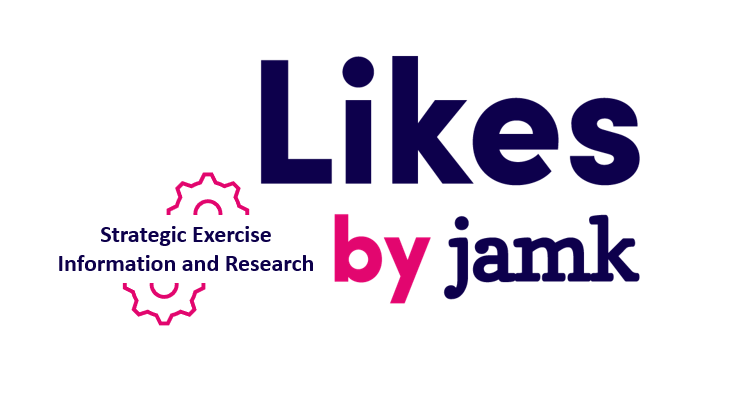Version 1.0
Creator: Juhani Merilehto - @juhanimerilehto - Jyväskylä University of Applied Sciences (JAMK), Likes institute
A comprehensive Windows-optimized tool for downloading, converting, and quantizing the Qwen2.5-7B-Instruct model to GGUF format. This project provides a structured approach to model quantization with separate scripts for each phase of the process, specifically designed for Windows environments.
Enables offline, privacy-preserving analysis of i.e., sports, exercise, or organization-related data through local LLM deployment, without sending sensitive data to external servers.
- Phased Approach: Separate scripts for download, conversion, quantization, and inference testing
- Progress Tracking: Detailed progress bars and status updates
- Error Handling: Robust error handling and validation at each step
- Flexible Quantization: Support for multiple quantization formats (Q4_K_M, Q4_K_S, Q4_0)
- Resource Management: Optimized for consumer hardware (tested on RTX 4070 12GB)
- Windows Support: Full Windows compatibility with proper path handling
- Inference Testing: Built-in testing capabilities with the quantized model
- GPU: NVIDIA GPU with at least 12GB VRAM (tested on RTX 4070)
- RAM: 32GB recommended
- Storage: 50GB free space for model files and intermediate formats
- CUDA: CUDA 11.7 or higher
- OS: Windows 10/11 with Visual Studio 2022 Build Tools
llm-quantization-gguf/
├── assets/
│ └── likes_str_logo.png
├── llama.cpp/ # llama.cpp repository and builds
├── models/ # Model storage directory
├── build.ps1 # Build script for llama.cpp
├── convert-script.py # GGUF conversion script
├── download-script.py # Model download script
├── quantize-script.py # Quantization script
├── test-model.py # Inference testing script
├── requirements.txt
└── README.md
git clone [your-repo-url]
cd llm-quantization-ggufpython -m venv llm-env
.\llm-env\Scripts\activatepip install -r requirements.txt# Install Visual Studio 2022 Build Tools with C++ support
winget install Microsoft.VisualStudio.2022.BuildTools --override "--add Microsoft.VisualStudio.Workload.VCTools --includeRecommended"
# Install CMake
winget install Kitware.CMake
# Install NVIDIA CUDA Toolkit
winget install Nvidia.CUDA
# Alternative manual installation:
# 1. Visit: https://developer.nvidia.com/cuda-downloads
# 2. Select: Windows > x86_64 > 11.7 or higher
# 3. Select your preferred installer type (network or local)
# 4. Follow the installation wizard
# 5. Restart your computer after installation
# Verify CUDA installation
nvcc --version
.\build.ps1python download-script.pypython convert-script.pypython quantize-script.pypython test-model.py --prompt "Write a creative story about an AI."- Q4_K_M: High quality, ~4.4GB (recommended)
- Q4_K_S: Balanced quality and size, ~3.8GB
- Q4_0: Smallest size, ~3.5GB
- Download: ~10-15 minutes (internet speed dependent)
- Conversion to GGUF: ~10 minutes
- Quantization (Q4_K_M): ~3 minutes
- Model Sizes:
- Original F16: 14.19 GB
- Q4_K_M: 4.36 GB
- GPU Utilization: Uses 35 layers on GPU for optimal performance
- Context Window: 4096 tokens supported
- Thread Count: Automatically optimized for your CPU
- Temperature: 0.7 default for balanced creativity
- Top-p: 0.9 for diverse but focused responses
- Juhani Merilehto (@juhanimerilehto) – Specialist, Data and Statistics
- JAMK Likes – Organization sponsor
This project is licensed for free use under the condition that proper credit is given to Juhani Merilehto (@juhanimerilehto) and JAMK Likes institute.
